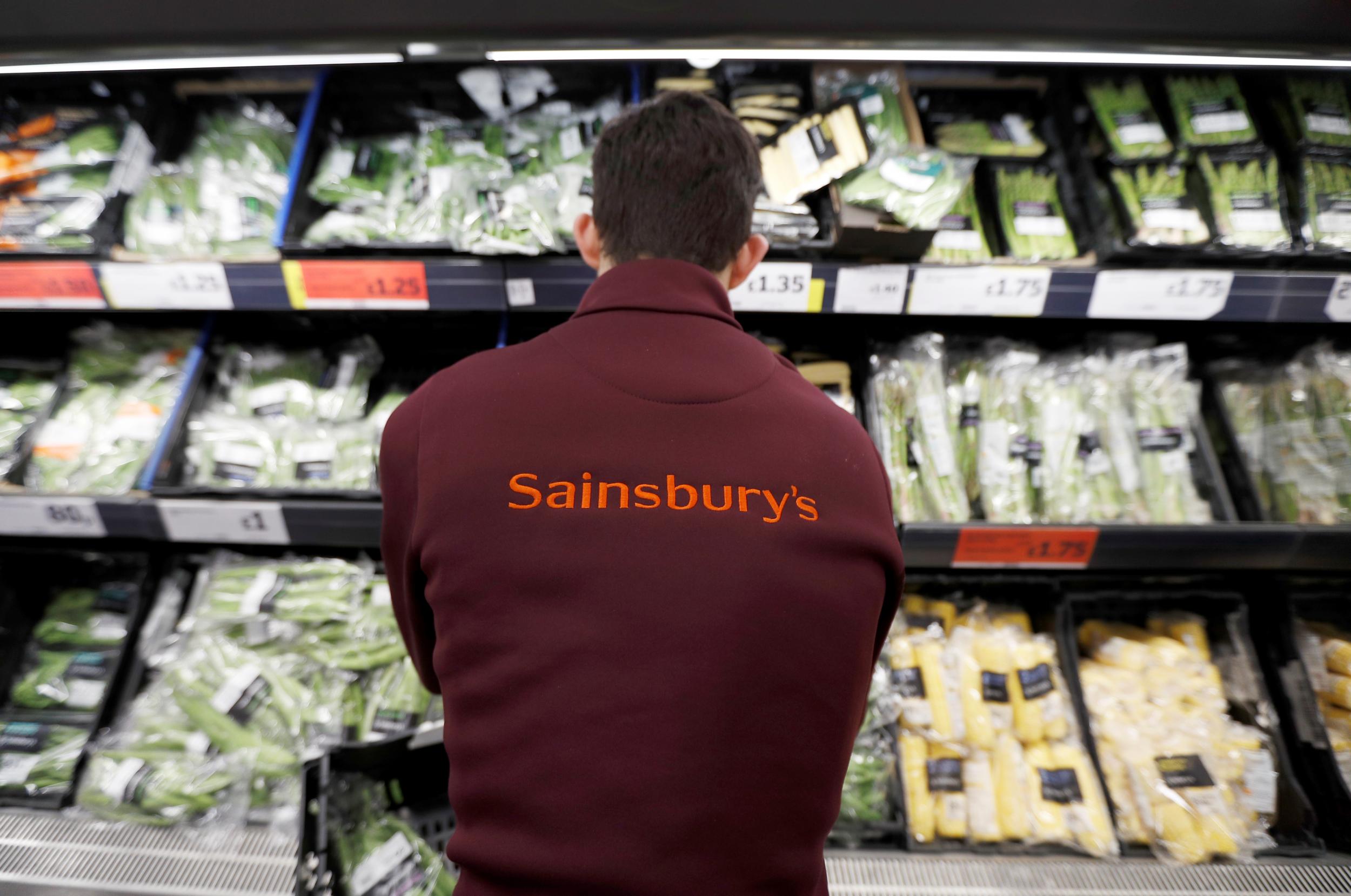‘Golden era’ of cheap food is over, says former Sainsbury’s boss
Justin King says shoppers will have to spend more of their budgets on food over the long term

Your support helps us to tell the story
From reproductive rights to climate change to Big Tech, The Independent is on the ground when the story is developing. Whether it's investigating the financials of Elon Musk's pro-Trump PAC or producing our latest documentary, 'The A Word', which shines a light on the American women fighting for reproductive rights, we know how important it is to parse out the facts from the messaging.
At such a critical moment in US history, we need reporters on the ground. Your donation allows us to keep sending journalists to speak to both sides of the story.
The Independent is trusted by Americans across the entire political spectrum. And unlike many other quality news outlets, we choose not to lock Americans out of our reporting and analysis with paywalls. We believe quality journalism should be available to everyone, paid for by those who can afford it.
Your support makes all the difference.A "golden era" of cheap food is over and people will have to get used to spending more of their budgets on groceries, the former chief executive of Sainsbury's has warned.
Justin King said that even supermarkets making multi-billion pound profits could not be expected to absorb the cost increases they were facing.
Big retailers have been under pressure to keep prices low after announcing strong financial results while many of their customers struggle to make ends meet.
Mr King told the BBC's Today programme: "I think we have perhaps been through a golden era.
"We spend a much less as a proportion, on average, of our household budgets on food than at almost any period in history. That's been a long, gentle decline.
"I suspect what we will, see is a higher proportion across the piece spent on food for the longer term," adding that "it will require adjustments in how we prioritise our budgets".
Some people on the lowest incomes have little choice in the food they can afford, he said.
“But for most of us we can make choices about how much of our household budget is on food and the other things we do have the ability to spend money on.”
He defended supermarkets' record on setting prices, arguing that their net profit margins are low at 3 per cent.
"Even if supermarkets made no profits at all, they would not really be able to make a huge dent in the cost inflation which is coming through the system."
Food prices rose 5.9 per cent in the year to March, according to the latest official figures.
More rises are expected as producers absorb big increases to costs of fuel, transportation, energy and fertiliser.
Suppliers also face delays, additional paperwork and a shortage of workers after Brexit, further pushing up costs.
Mr King argued that UK supermarkets remained "among the most efficient in the world".
"Value for money in the food we sell in this country is fantastic," he said.
Join our commenting forum
Join thought-provoking conversations, follow other Independent readers and see their replies
Comments